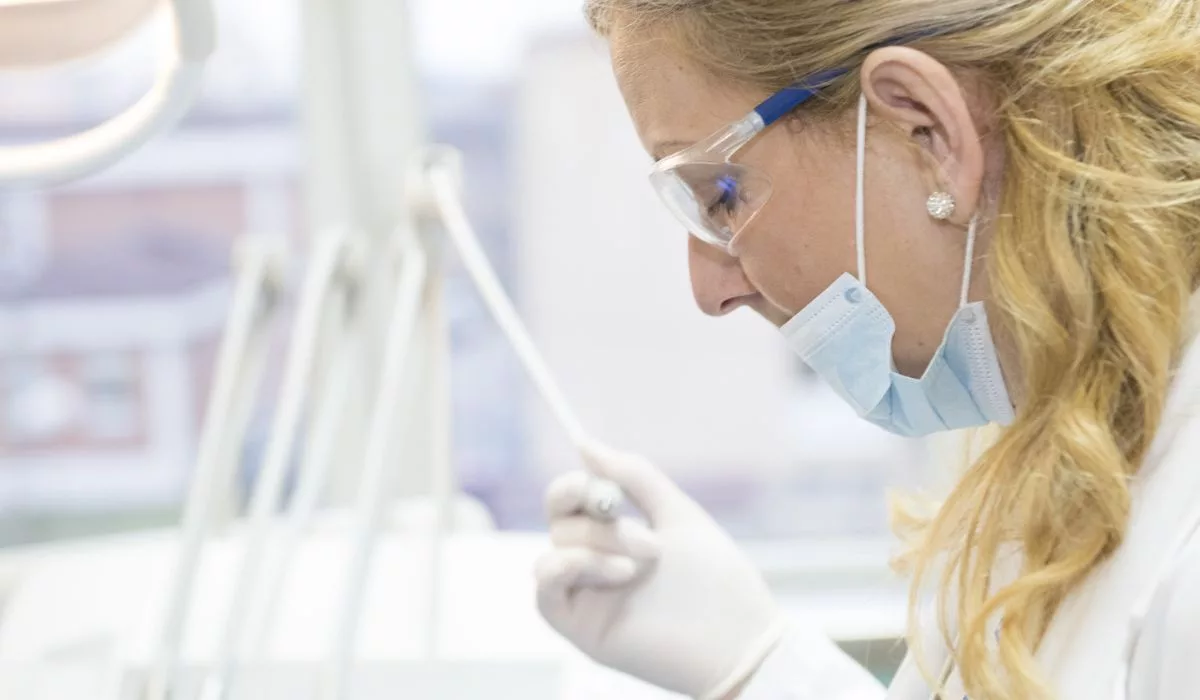Every year, more and more people worldwide suffer from chronic diseases, costing healthcare billions of dollars. Approximately 50% of people have at least one chronic disease, and about 80% have a high risk of developing one. Consequently, there are risks to life and high resource costs. Using medical applications can significantly reduce the risks for patients and the financial costs of healthcare.
Some statistics
Using medical applications will significantly reduce the cost of healthcare – for both patients and healthcare providers. Now more than 350 thousand medical applications have been developed, and this figure is increasing daily. Of all existing applications, mobile healthcare applications account for about 50%. Thus, there has been a sharp jump in recent years. More recently, medical applications accounted for about 30%. Recent studies have shown the following results:
- Introducing telemedicine applications can help reduce the workload of medical staff by 73%.
- Employers’ use of healthcare applications significantly increases productivity and saves hundreds of millions of dollars.
- Applying virtual health to primary emergency care could save tens of billions of dollars.
- EU Predictions: AI-enabled wearable applications could save up to 200 billion euros annually.
The time has come to harness the power of mobile applications to revolutionize healthcare. Developing medical mobile applications can bring immense benefits, such as improved patient engagement, seamless access to medical information, and enhanced remote healthcare services. By embracing this technology, medical firms can enhance patient outcomes, improve care coordination, and optimize workflow efficiency. However, not all development companies have the expertise to test and support such complex applications. Only through extensive experience, advanced technical skills, and a proven track record can one succeed not only in developing new state-of-the-art medical applications, but even more skills are required to make it work flawlessly. You can check out best practices for testing and QA of such applications at the website: https://testfort.com/healthcare-software-testing.

Types of medical applications
There are three main types of mobile healthcare applications:
- Telemedicine. Such applications provide access to online care and communication between the medical service and patients.
- Common. General medical applications are necessary to maintain a state of health. These include various sensors, counters, or sleep trackers, as well as an application that controls a person’s stressful conditions, ensuring a decrease in cortisol in the body. There are also tracking applications – for example, fixing the health status of an ex-smoker and biometric indicators, pulse rate, and blood circulation in the body.
- Health managers. Such mobile applications control diabetics, heart patients, pregnant women, and people with mental disorders. They also allow the exchange of information between a medical institution and a patient, providing examination results, prescriptions for the purchase of drugs, and more.
Step-by-step testing helps to track whether a mobile application can perform its primary functions, what level of personal data protection they have, and many other characteristics.
What is the help of health applications?
All of these types of mobile healthcare applications greatly facilitate medical care and prevent the risks of severe disruptions in the human body. All this is achieved through the following:
- improving the efficiency of medical care;
- facilitating the collection of information and increasing the efficiency of its provision;
- ensuring accessibility for users.
Medical applications make collecting information and simplifying monitoring much more accessible – from apps that track foods with calorie counting to apps that control sugar levels, carbohydrates, and more. In addition, it is possible to monitor your health indicators and send the received data to medical workers.
Such applications allow you to monitor your health status in real time based on the obtained indicators and then send them to your doctor. For example, Alivecor monitors the health of patients with cardiovascular diseases by connecting the application to the device and providing a highly accurate electrocardiogram in a few seconds. Thus, timely informing the attending physician about the state of health of his patient is ensured. Alivecor is also used in the doctor’s office, where ECG results are available in a minute.
You may also like to read about How Medical Billing Services Can Help All Types of Medical Practices.
Patients can access various medical services around the clock using telemedicine applications (for example, Virtuwell). Thus, communication with medical personnel is ensured. It is also possible to make an appointment to see a doctor and save time waiting in line for a long time. The patient can be provided with his examination and diagnosis results and referred to the preferred pharmacy to purchase medicines. All this information can be obtained while at home.

What does the mobile application provide for healthcare?
The proliferation of mobile health apps could save billions of dollars on chronic disease prevention. It is done in various ways, such as significantly reducing first-aid visits.
Telemedicine applications provide patients with greater comfort than ever before. It became possible to regulate your diet and various health indicators – pulse, blood pressure, blood glucose, etc., regardless of location and at any time. It simplifies communication between medical professionals and patients and also prevents the occurrence of serious diseases.
Also read: How EHR Software Can Help Your Medical Practice
In the real world, mobile applications provide medical institutions with increased service efficiency, performing their tasks efficiently and quickly.
Conclusion
The more mobile healthcare applications are used, the more benefits they will bring – both for patients and medical staff and regarding financial savings for various states. Thus, using healthcare applications is a good and effective step in today’s world.










Leave a Reply